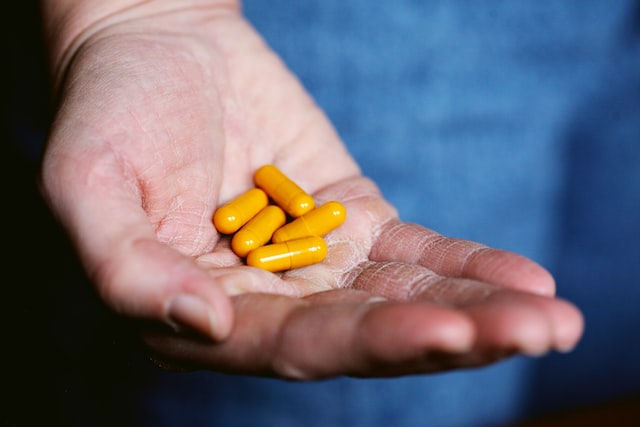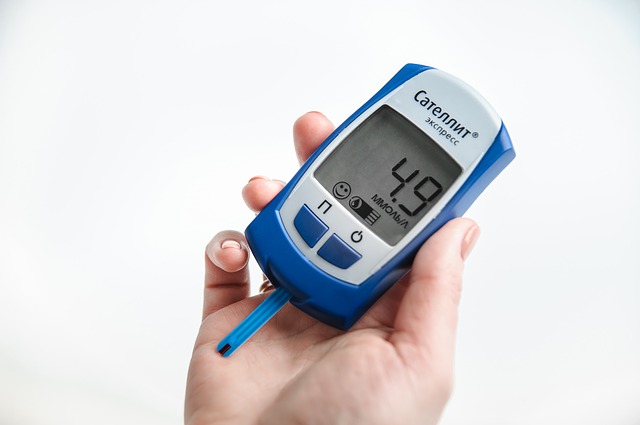
Vitamin K is a fat-soluble vitamin that is found in a variety of foods and helps to ensure that your blood clots when necessary. However, an interesting fact about Vitamin K is that it can also help with managing diabetes if taken in the right dosage. So how exactly do Vitamin K & Diabetes link up? Let’s break things down.
Contents
What is Diabetes and how do you prevent it?
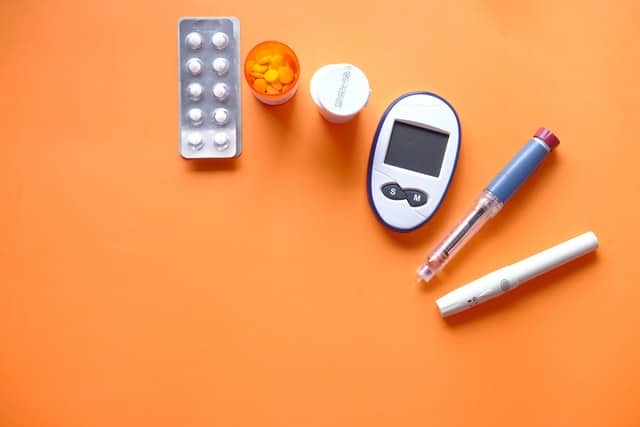
Diabetes is a serious condition that impacts the lives of over 400 million people in the world. Diabetes can be managed by controlling your diet and taking medication, but the best way to manage it is through exercise. Luckily, Vitamin K can be found in a lot of those healthy foods including spinach, dark leafy greens, broccoli, avocados, and cheese.
People with diabetes either don't produce enough insulin, or can't use insulin efficiently. Insulin is a hormone that's needed to move sugar from the blood into cells to be used for energy.
When someone suffers from diabetes it can lead to many complications. Even some that are life threatning, but it is possible to stop diabetes before it starts. Experts recommend eating a healthy diet with lots of fruits and vegetables, exercising regularly, and maintaining a healthy weight.
Unfortunately, however, diabetes is a lifelong disease that increases the risk of heart disease and kidney disease, blindness, and amputations. Managing diabetes can be difficult because there is no cure. But as mentioned there are ways handle it, Vitamin K is one of those ways.
What is Vitamin K?
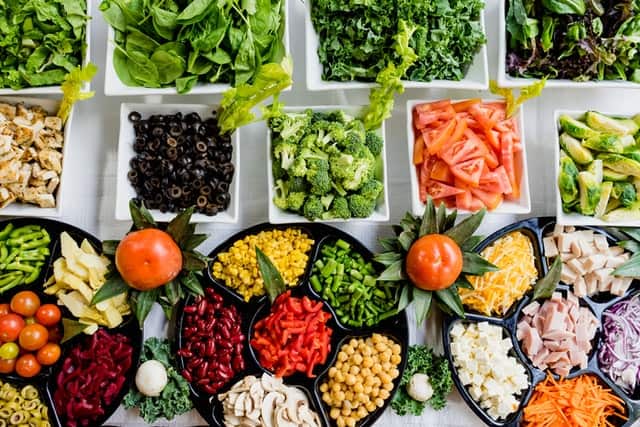
Vitamin K is an essential vitamin for maintaining our health. It helps form proteins that are important for blood clotting and building bones. One of the most important nutrients in a diet is Vitamin K; it has been shown to be beneficial in helping with diabetes. You can find Vitamin K in certain foods such as kale, turnips, broccoli, spinach, and yams. You can also take a general supplement which contains various amounts of Vitamin K.
So you can see how Vitamin K can work with your body to lessen the affects of diabetes.
How to Get Enough Vitamin K Through Diet and Supplements
Vitamin K is important for a number of reasons. It is found in several types of food such as green leafy vegetables, liver, and also dairy products. However, there are instances where you may need a vitamin K supplement due to food allergies.
Sometimes, your diet may not provide enough vitamin K, which is necessary to gain the benefits of Vitamin K. A Vitamin K supplement can be found at any pharmacy, health food store, or grocery store you can even purchase them online if necessary.
On the FDA's website, it states that "Vitamin K is an important part of our diet because it helps us form clots when we bleed." You might know the dangers of blood clots, but in some cases, we want our blood to clot.
Without vitamin K, we would not be able to stop bleeding and we could eventually bleed to death. So it’s very important to our diets.
What is the best way to get enough vitamin K?
It can sometimes be difficult to consume enough vitamin k from food alone so a supplement may be necessary for a sufficient intake.
Vitamin K is not found in high concentrations in food. As such, and unless you’re eating enough vegetables daily you might find that you’re not meeting your vitamin K requirements from food alone. For those with insufficient intake, a supplement is often necessary and can be the best way for you to get enough vitamin K.
Why is vitamin K good for you?

Vitamin K helps to maintain bone strength, fight off inflammation, and regulate blood clotting. It is also thought to help reduce the risk of heart disease. Vitamin K deficiency can lead to bruising easily, nosebleeds, teeth and gums problems.
How much Vitamin K should you take daily?

The amount of Vitamin K you should be taking each day depends on your age, sex, and health condition. The recommended daily allowance for Vitamin K is 90 to 120 mcg. However, in any case, it’s best to discuss this without your doctor after tests have been properly run.
What are the side effects of Vitamin K2?
Vitamin K2 is a fat-soluble vitamin that helps in the production of blood clots. There are no known side effects of the vitamin, but in any case, it’s best to check in with your doctor, especially if you are already taking other medications. There’s also the danger when taking supplements, of having too much vitamin K.
What the Science Says About the link Between Vitamin K and Diabetes
Diabetes is a condition that has no cure and needs continuous management. It is caused when the body cannot produce enough insulin or the body becomes resistant to insulin. The glucose levels in the blood rise and it can lead to serious health problems like heart disease, stroke, blindness, kidney failure, and amputation of limbs.
People with diabetes need a higher intake of vitamin K than those without diabetes. There are three types of vitamin K, vitamin K1 from plant sources such as green leafy vegetables, vitamin K2 from animal sources such as dairy products and fermented foods, and vitamin K3 which can be found in a supplement form.
A recent study has found that there is a link between diabetes and cardiovascular disease. It was found that people with diabetes who did not have signs of cardiovascular disease had a higher risk for future heart disease or stroke. This study looked at more than 22,000 patients with type 2 diabetes over the course of eight years. Vitamin K has been known to help prevent cardiovascular disease.
How does vitamin K help with diabetes?

Vitamin K is important for blood clotting, bone strength, and heart health. It helps the body use insulin more efficiently. People who are diabetic need to talk to their doctor about how much vitamin K they should take because too much or too little of it can be harmful. If the person takes too much vitamin K, it can cause problems with blood clotting. Too little of it can lead to heavy bleeding, bruising, and nosebleeds. It directly helps by lessening some of the effects that diabetes might cause you.
Can Vitamin K2 lower blood sugar?
Vitamin K2 specifically, has been found to lower blood sugar levels in those who are at risk. Vitamin K2 can be found in two different types of foods: animal-based and plant-based. Those who are at risk for diabetes can consume vitamin K2 by eating kale, broccoli, or cabbage.
It can be difficult to find out how much Vitamin K2 is in a person's diet, as the recommended daily intake varies depending on age and gender. You can also ask your doctor about your options when it comes to Vitamin K2.
Should you talk to your doctor before taking Vitamin K?
Before taking any kind of vitamin supplements it’s always smart to talk to your doctor to see what option is best for you. On the other hand, getting your vitamins the natural way (through the food you eat) is usually never opposed by doctors.
Other Methods for Helping Diabetes
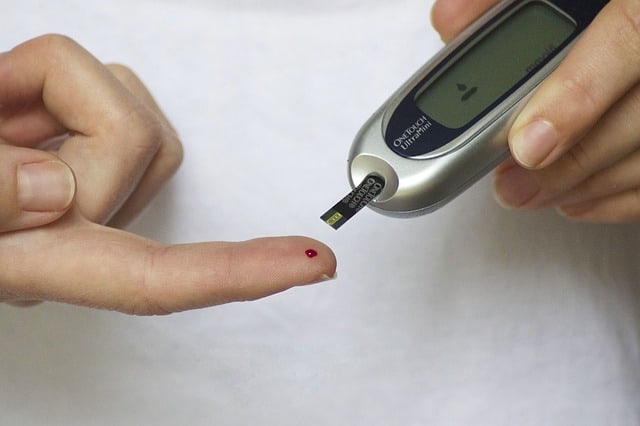
The human body needs vitamin K to produce blood coagulation proteins. The deficiency of vitamin K leads to abnormal blood clotting, which can increase the risk of many diseases including diabetes. Diabetes is a metabolic disorder that requires regular blood sugar testing, medication, and regular exercise.
The lack of vitamin K may lead to insulin resistance, which is one of the major factors that cause diabetes. It has been found that people who take anticoagulants or medications for the prevention of heart disease are at high risk for Type 2 Diabetes.
However, adding foods like green leafy vegetables and dark berries rich in vitamin K to your diet can help reduce the risk of developing Type 2 Diabetes. Vitamin K has a complex role in how the body metabolizes insulin. It is involved in activating protein C, which helps prevent uncontrolled blood clotting.
What are the best ways to prevent diabetes?
Diabetes is the leading cause of a number of life-threatening conditions in the United States. There are many ways to prevent diabetes including not smoking, maintaining a healthy weight, avoiding excess alcohol intake, and regular exercise.
What vitamin supplements should diabetics avoid?
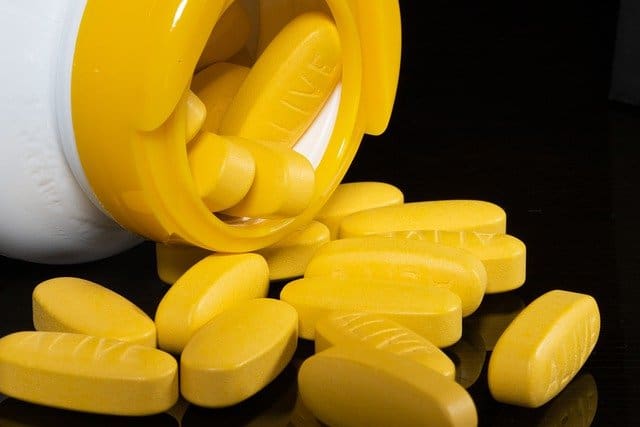
Diabetics should avoid Vitamins A and D, as these vitamins can increase the risk of developing diabetic ketoacidosis. Diabetic ketoacidosis is a serious complication that occurs when the body produces high amounts of acids, called ketones. It happens in uncontrolled diabetes when the body doesn't have enough insulin to break down sugar for energy.
What are good foods for people with diabetes?
When you have diabetes, it is important to maintain a diet that is high in fiber, low in sodium and sugar. Foods like whole grains, veggies, and fruits are all good sources of carbs.
It's not currently clear if vitamin K can directly help diabetes, but the review of research suggests that it might be worth investigating further. Vitamin K has been shown to have a positive impact on insulin sensitivity, but it needs more research to see if it can benefit people with diabetes.
In conclusion, there are many methods for helping diabetes that has been shown to improve outcomes. Vitamin K may be one of those methods as well, but more research is needed to see if it is definitively helpful before making this conclusion. Overall, prevention is the key and lessening the effects of diabetes through a healthy diet.



